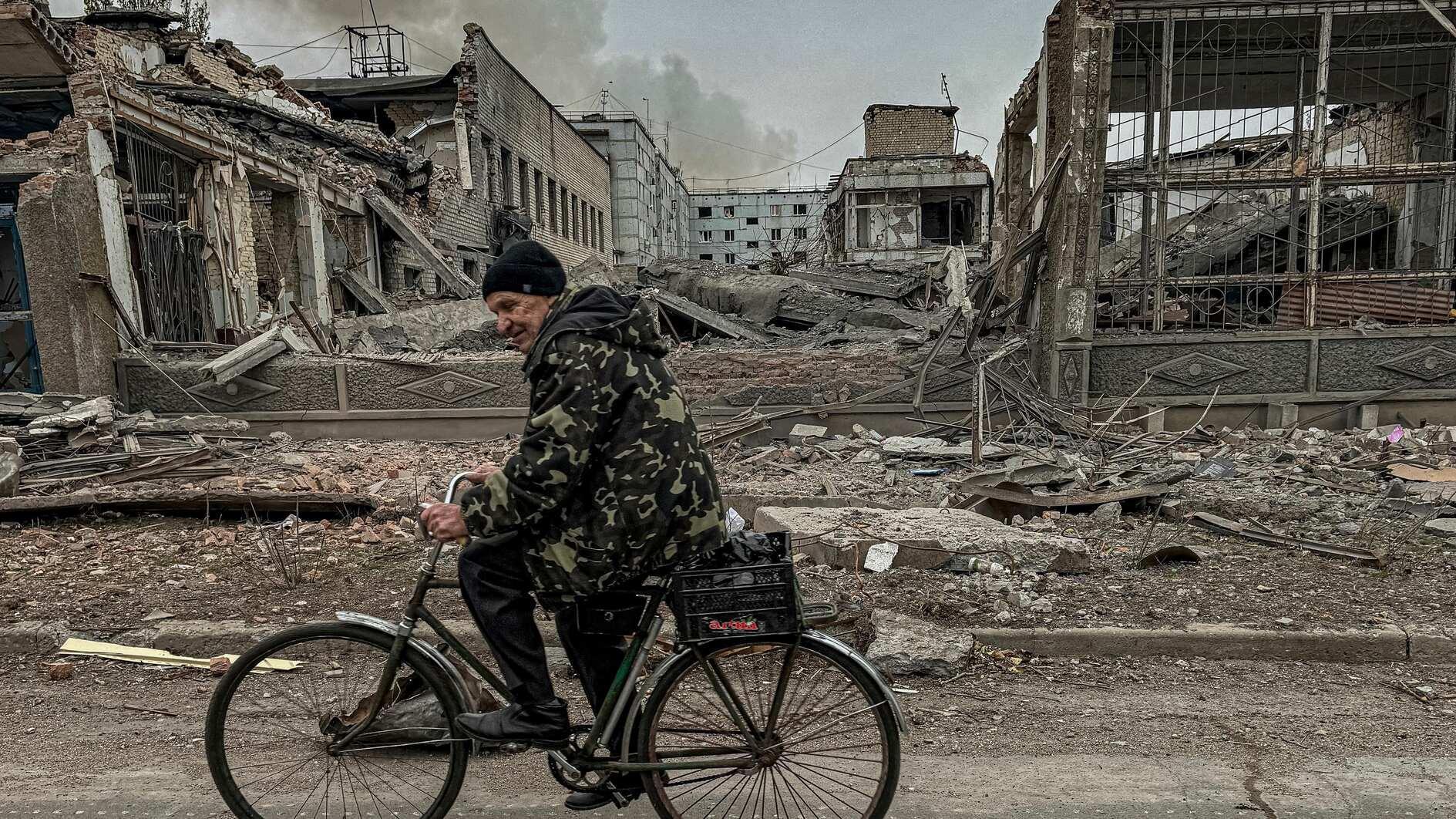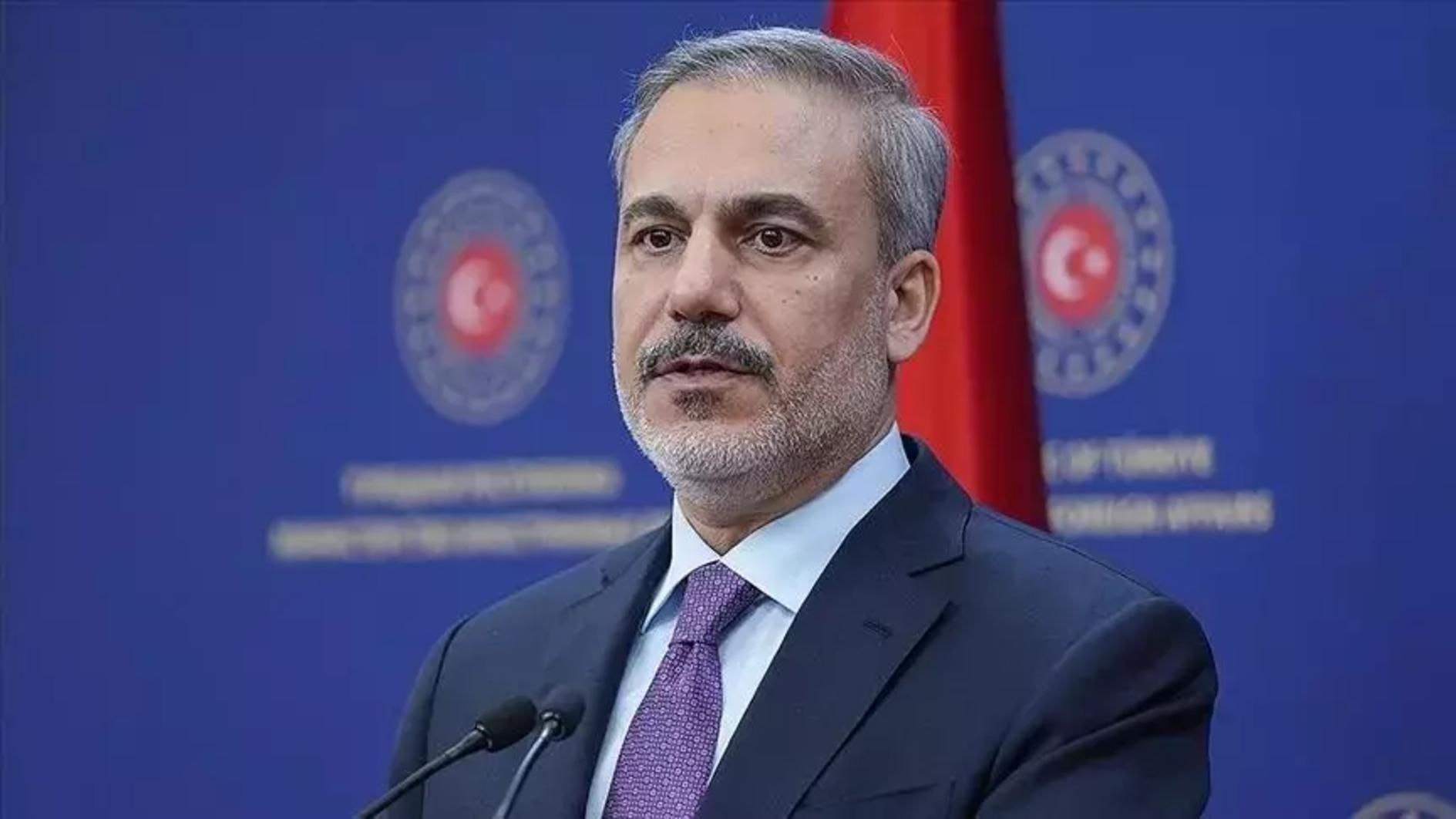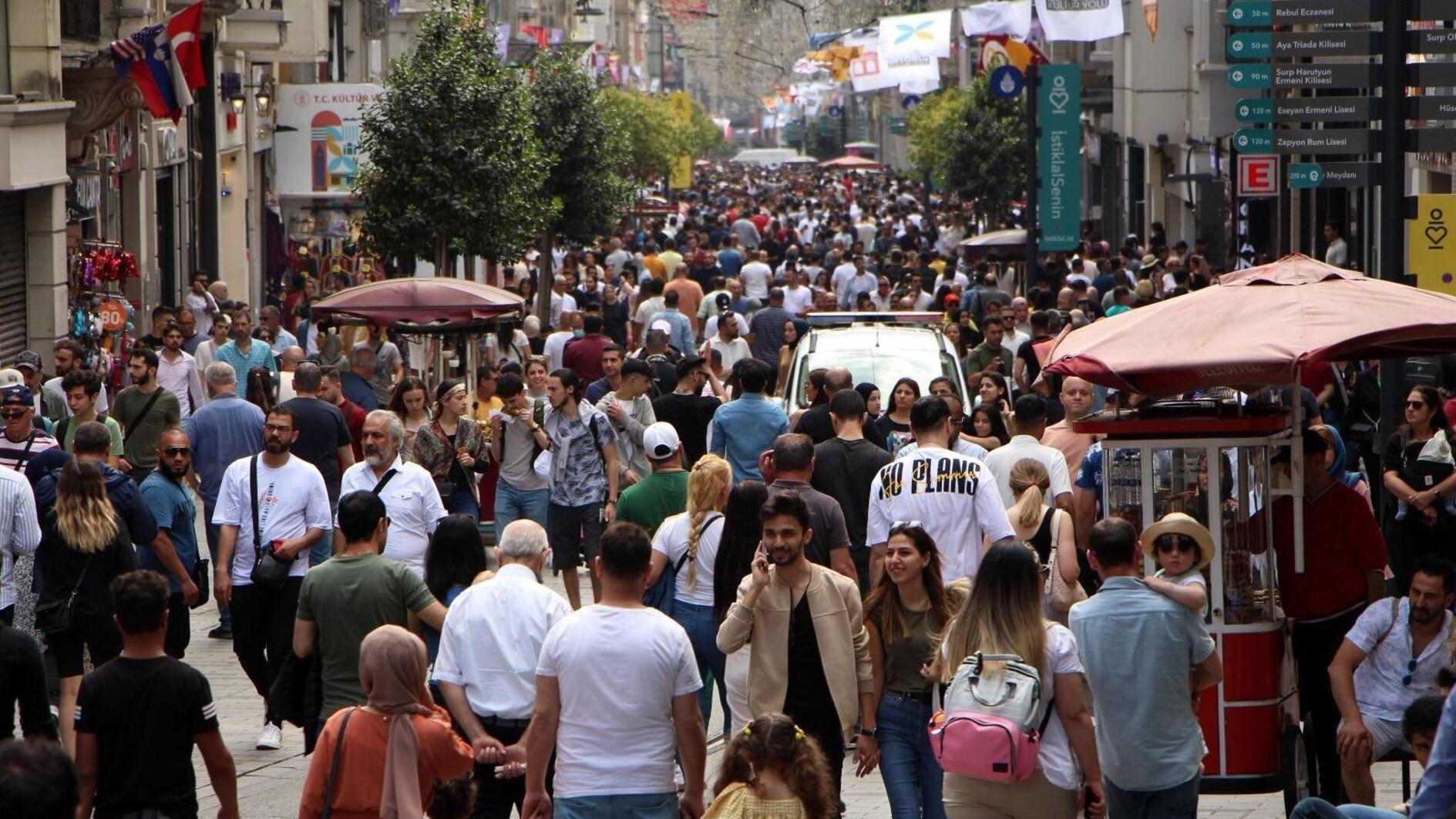There is no such thing as ‘the people’
A key political phenomenon in our contemporary world, including Turkey and the Middle East, is “people power.” Thanks to Twitter and other social media platforms, protesters can quickly and effectively get organized to hit the streets and demonstrate for their political goals. In Turkey, in the Gezi Park demonstrations of last June, this wave led to a big social tension. In Egypt, it paved the way for a military coup. In Tunisia, there are again masses on the streets these days who are apparently inspired by the Egyptian model and who hope to topple their elected (and Islamist-led) government.
In all these countries (and also in Brazil, Bulgaria, and elsewhere) protesters often claim to speak in the name of “the people.” Moreover, the media often accepts this remarkable claim. Hence you read headlines such as, “The Egyptian people speak out,” or “The Turks say enough.”
However, in all these cases, there is a little detail that complicates the neat message of “the people”: A considerable part of “the people” in question actually think quite unlike those who claim to speak on their behalf. That is why while Turkish Prime Minister Tayyip Erdoğan was condemned by large crowds of Gezi Park protesters, he was also hailed by equally large crowds of fans. (Polls, in the meantime, have shown that Erdoğan’s “support from 50 percent [of society]” is very much intact.) That is again why when millions gathered in Cairo’ Tahrir Square to support Egypt’s bloody coup, millions of other Egyptians who opposed the same coup camped in Adawiya Square and elsewhere to raise their counter voice.
So, it is obviously wrong to assume that one of these bitterly opposed camps represents “the people.” Why, then, all this rhetoric that does exactly that?
The simple answer is that those who speak only for themselves do not find that modest mandate enough and therefore aspire to speak for everybody. However, this is a very arrogant, authoritarian and dangerous thing to do. If it becomes a norm and a pattern, it can well turn democracy into mob rule: If protesters of a certain persuasion are hailed as “the people,” they can assume the power to overthrow democratically elected governments and impose their own will on all others. The result would be chaos, violent anarchy, and, ultimately, tyranny. (Remember all those horrible “people’s republic”s.)
Of course, this does not mean that protesters should be cracked down, as the Turkish government has unwisely and iron-handedly tried to do in the past two months. Quite the contrary, they should have all the right to raise their voices and organize their peaceful protests and sit-ins. But neither they nor their observers should exaggerate their mandate, disregarding the voices of those who do not protest or who engage in counter-protest.
The simple fact, which is so astonishingly overlooked, is that there is really no such thing as “the people.” There are only individuals, communities and parties with very different, diverse and often conflicting views, values and interests. Democracy is all about making them live together with them doing the least possible damage to each other. And this is most achievable when opposing camps begin to acknowledge their limits.











